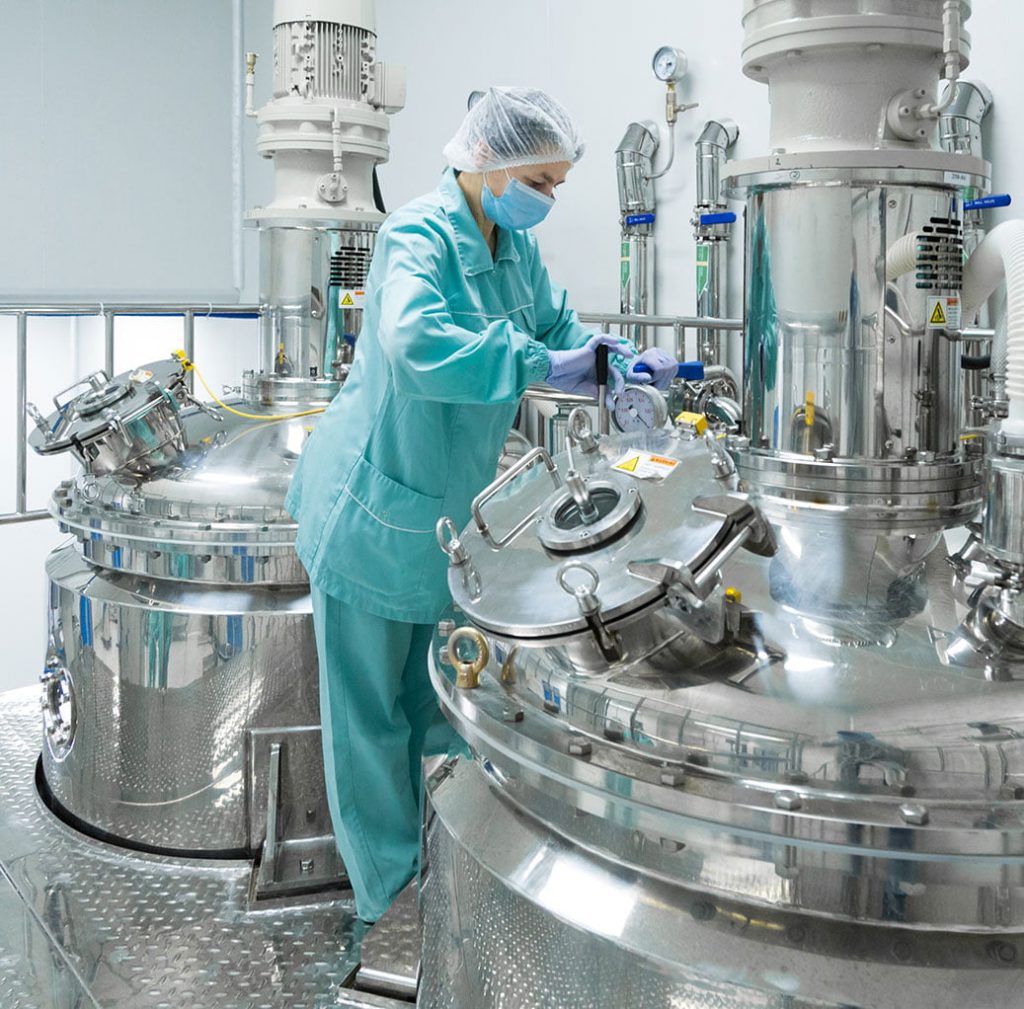The chemical industry plays a pivotal role in our modern world, providing a wide array of products that are essential to our daily lives. From the materials used in construction to the medicines that save lives, the products of the chemical industry are ubiquitous. In this blog post, we will explore the diverse range of products that emerge from this dynamic industry.
- Petrochemicals:
Petrochemicals are a cornerstone of the chemical industry, derived from petroleum or natural gas. These versatile compounds serve as building blocks for countless products. Plastics, synthetic fibers, rubber, and adhesives are just a few examples. They have revolutionized industries such as packaging, automotive, and textiles, offering durability, flexibility, and cost-effectiveness. - Pharmaceuticals:
The pharmaceutical sector heavily relies on the chemical industry to develop life-saving drugs and medications. Through extensive research and development, chemical engineers and scientists create innovative compounds that combat diseases, alleviate symptoms, and improve overall well-being. From painkillers to antibiotics, chemotherapy drugs to vaccines, the chemical industry plays a vital role in healthcare. - Agrochemicals:
To ensure food security and maximize agricultural productivity, the chemical industry produces agrochemicals. Fertilizers, pesticides, and herbicides are essential components of modern farming practices. They enhance crop yields, protect plants from pests and diseases, and contribute to sustainable agriculture. The chemical industry's contribution to the global food supply cannot be overstated. - Specialty Chemicals:
Specialty chemicals encompass a vast range of products tailored for specific applications. These chemicals find their way into various industries, including electronics, automotive, cosmetics, and construction. Flame retardants, surfactants, catalysts, and dyes are just a few examples. Specialty chemicals often require intricate synthesis processes and are designed to meet specific performance requirements. - Clean Energy Technologies:
As the world shifts towards sustainable energy sources, the chemical industry plays a crucial role in developing clean energy technologies. From solar panels to wind turbines, advanced battery systems to hydrogen fuel cells, chemical processes are integral to their production. The industry's expertise in materials science and catalysis enables the efficient and eco-friendly generation of renewable energy.
Conclusion:
The products of the chemical industry are the backbone of modern society, driving progress and innovation across various sectors. From the creation of life-saving medicines to the development of sustainable energy solutions, the industry's impact is far-reaching. By continually pushing the boundaries of scientific knowledge and technological advancements, the chemical industry ensures a brighter and more sustainable future for us all.




More Stories
JA Solar Panel Efficiency Cleaning Guide: Maximizing Solar Performance
Plastic to Pyrolysis Oil Solution: A Sustainable Pathway for Plastic Waste Conversion
Yukun Qiangwei Motor Unveils 2023 Diesel Generator Price List with Specs for Home Use